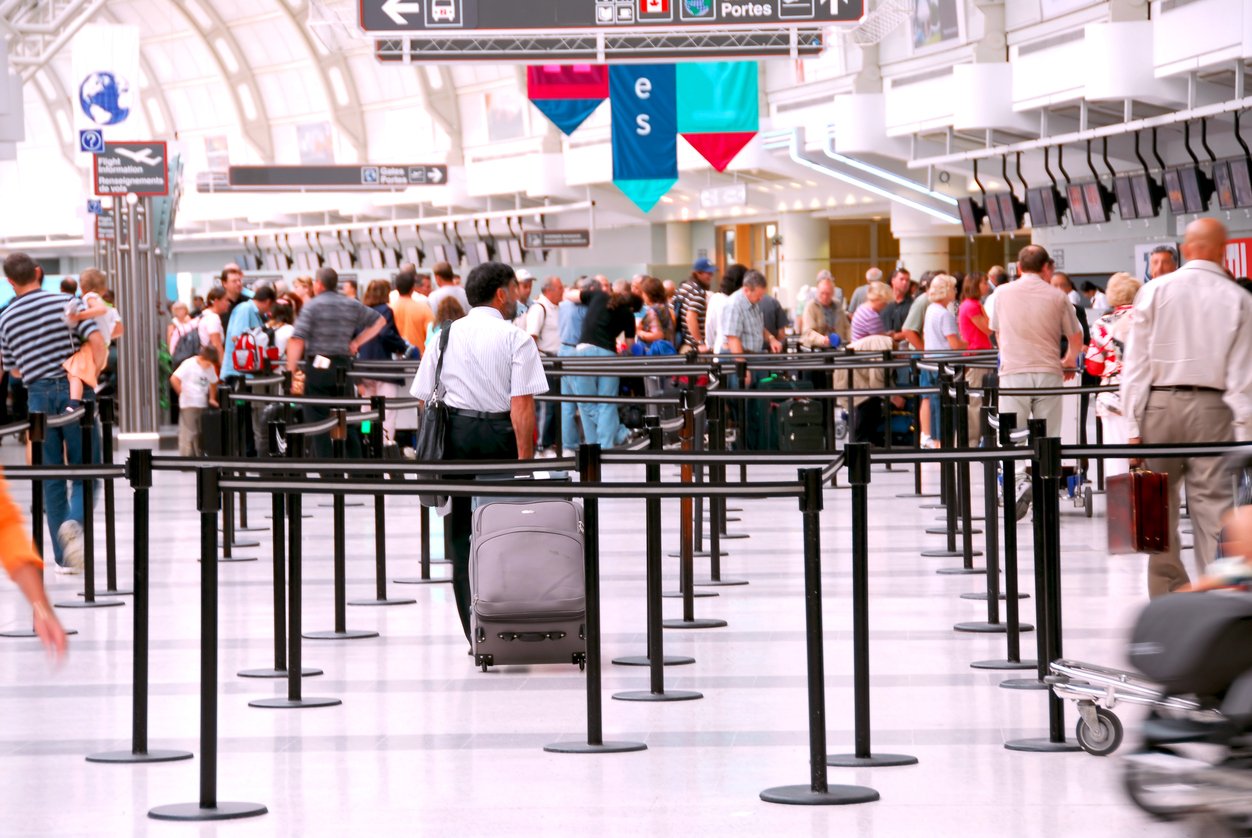Avoiding common pitfalls helps beginners travel smarter and enjoy smoother journeys worldwide.

Traveling for the first time often involves a learning curve marked by simple mistakes that can disrupt your experience. From overpacking to neglecting local customs, these errors are common but avoidable. By understanding typical beginner missteps, such as poor itinerary planning or skipping travel insurance, you can prepare more effectively and make your trip both enjoyable and stress-free.
1. Overpacking with unnecessary items that add weight and clutter.

Overpacking often burdens travelers with unnecessary items, leading to heavy bags and cluttered accommodations. It’s easy for the suitcase to swell with items. Many first-timers secretly stash away extra shoes or last-minute toiletries, increasing the hassle of hauling around excess weight.
A seasoned traveler quickly gauges every item’s true necessity, trimming down their gear. They know a bulky coat in a tropical locale becomes an unwelcome guest. Careful selection makes room for meaningful keepsakes, leaving space for unexpected finds rather than lugging rarely worn footwear.
2. Ignoring local customs and cultural etiquette during visits.

Local customs carry nuances that guide social interactions during travel. Respecting these traditions can enrich journeys with authentic experiences. For instance, knowing when to bow or tip identifies the awareness of social etiquette and fosters respect from locals, enhancing cultural exchange.
Ignoring these unwritten rules might unintentionally offend, creating tense atmospheres or misunderstandings. By immersing in local practices, enthusiastic travelers smoothly connect with communities. In one region, a friendly nod might open doors that an unbroken gaze would keep closed, paving the way for genuine interaction.
3. Failing to double-check passport validity and visa requirements.

Passport and visa requirements form a crucial part of international travel. Without valid documents, a dream trip may stall at the airport. Travelers sometimes assume that their passport’s welcome mat extends seamlessly, glossing over expiration dates or ongoing policies.
Small details, like a six-month validity rule, can be the difference between a smooth journey and a cold halt at a foreign border. Confirming access, especially for layovers, avoids surprises. Consider a young couple turned away due to last-minute oversight; a quick verification spares them a whirlwind reversal.
4. Relying solely on digital maps without offline backups.

Relying solely on digital maps can leave travelers stranded when technology fails. Spotty service hinders spontaneous treks through cobblestone alleys where GPS struggles. Traditional navigation companions, like print maps or downloaded guides, remain invaluable in unknown territories when connectivity collapses.
An unprepared traveler might wander, phone raised, through cityscapes with weak signals, amplifying confusion. Experienced adventurers tuck tangible maps into daypacks, offering pathways through network deserts. A printed street plan can effortlessly steer around uninformed detours or sudden downloads, preserving the day’s exploration.
5. Booking accommodations without reading recent reviews thoroughly.

Booking accommodations without review may invite unanticipated challenges. A charming promise online might masquerade outdated facilities or service inconsistencies, risking pleasant stays. Detailed assessments uncover a hotel’s true colors beyond glossy images, saving disappointment before check-in.
Recent reviews highlight subtle operational shifts not reflected on promotional sites, guiding better choices. Imagine a solo traveler bemused by a construction site’s unexpected serenade due to unchecked feedback. Astute reviewers spot this with keen observation, securing spaces where winds whisper through trees rather than hammers on walls.
6. Neglecting to inform banks about upcoming travel plans.

Banks might mistake international transactions for fraud without prior notice. While traveling, seamless access to funds requires preemptive communication with financial institutions. Imagine sudden declines causing confusion over morning cappuccinos abroad, leaving adventurers puzzled in foreign lounges.
Regular travelers alert banks to upcoming destinations and durations, ensuring account functionality. This proactive step prevents security blocks and access denials. One text precludes a cafe encounter describing card troubles instead of coffee notes, enabling delightful exchanges over regional blends.
7. Underestimating travel time between destinations and connections.

Time misjudgments can strain schedules and sideline experiences. Travel encompasses spans between destinations sometimes exceeded by rushed estimates. Expecting a quick hop between points can overshadow hidden delays typical in transit systems, resulting in missed connections.
Seasoned travelers allot generous windows for unforeseen setbacks like lingering airport queues or diverted routes. They balance ambition with prudence, preventing itinerary disruptions. Ironically, a missed train represents recalibration; the lost time is now absorbed by wandering and contemplation rather than ticking clocks.
8. Skipping travel insurance or not understanding policy coverage.

Skipping travel insurance exposes vacationers to unforeseen expenses or emergencies. Without coverage, the cost of medical care or sudden itinerary modifications can skyrocket. Travel plans, marked for relaxation, turn costly given minor mishaps that escalate financially.
Savvy voyagers appreciate insurance as a safety net, comfortable knowing they can face the unforeseen. A skiing accident or tropical ailment uncovers policy intricacies revealing coverage caps. Diligent review of policies accordingly aligns expectations, where understanding limits transforms potential chaos into manageable scenarios.
9. Overlooking the importance of staying hydrated and rested.

Hydration and rest underpin a fulfilling travel experience and remain vital to sustained exploration. Overlooking simple care needs might exacerbate fatigue and discomfort. Body signals require acknowledgment, transforming how today’s energy unfolds.
Rapid itineraries mask subtle wellness calls, causing abrupt energy drops. Experienced explorers incorporate breaks, ensuring balance amid new sights. Adequate hydration counters jetlag effects, empowering alertness. Picture one’s jet-lagged enthusiasm dimmed, refreshing pauses and water, aligning routines, sustain engagement with captivating adventures.
